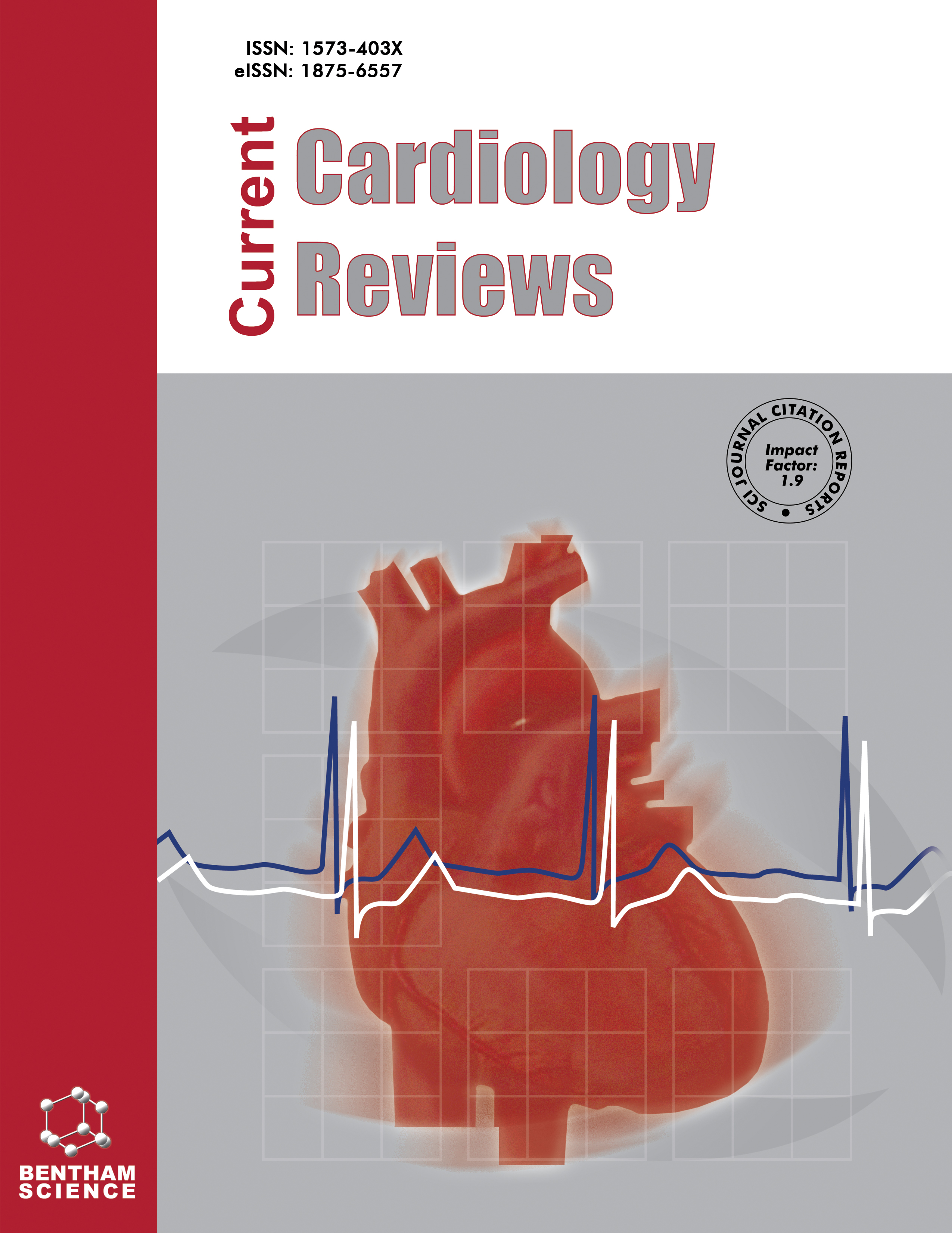
Full text loading...
The presence of both cardiovascular disease (CVD) and depression is common, and their complex connection poses difficulties in therapy and affects patient outcomes. Thus, this study aims to examine the complex correlation between depression and cardiovascular disease (CVD), with a specific focus on potential biomarkers and innovative therapeutic approaches.
Publications were considered between 2015-2024 from standard databases like Google Scholar, PubMed-Medline, and Scopus using standard keywords, “Depression”, “Cardiovascular Disease”, “Biomarkers”, and “Therapeutic Approaches”. Recent studies have discovered several potential biomarkers linked to depression and cardiovascular disease (CVD), including neuroendocrine factors, inflammatory markers, and signs of oxidative stress. Therapeutic approaches for depression and cardiovascular disease have emerged, with a focus on tackling their connections from multiple dimensions.
Emerging research suggests that depression has an impact on both the prognosis and risk of CVD. Conversely, depression can be caused by CVD, which triggers a series of events that lead to higher rates of illness and death.
A comprehensive understanding of the fundamental pathophysiological pathways is essential for the identification of biomarkers that can serve as diagnostic tools or therapy targets. Among these interventions, exercise and dietary adjustments have shown promising impacts on cardiovascular health and results, as well as mental health. Ultimately, the selection of diagnostic techniques and treatments hinges on comprehending the complex interplay between depression and CVD. Researchers are developing novel therapeutic techniques to enhance the cardiovascular and mental health outcomes of individuals with both depression and CVD.

Article metrics loading...

Full text loading...
References


Data & Media loading...

